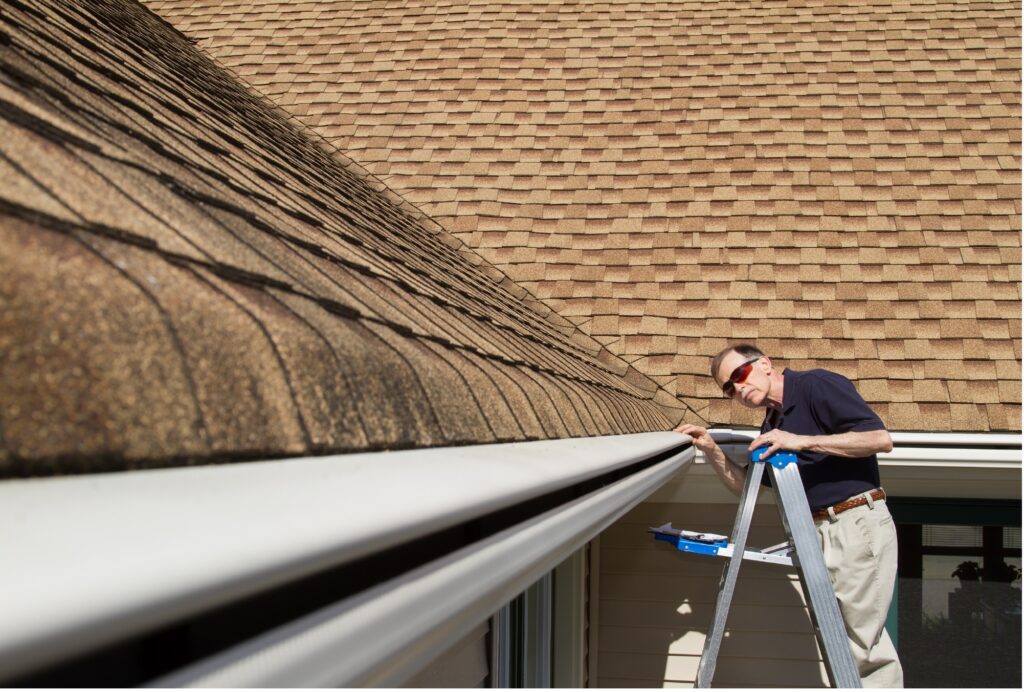
Why Every Buyer Should Do a Home Inspection in Ontario
Don’t Risk It: Why a Home Inspection is Your Best Investment
Buying a home is a significant milestone, but it comes with challenges. One critical step you should never skip is the home inspection. Why is this so important? How can it protect you from unforeseen costs that could reach into the thousands?
Let’s explore why a home inspection is a must-do and how it safeguards your investment.
The Fundamentals of Home Inspections
A home inspection is a detailed examination of a property’s condition. A licensed professional conducts this inspection, reviewing everything from the roof to the foundation. The inspector checks major systems, including electrical, plumbing, and HVAC.
But why is it so crucial? A home inspection gives you a full picture of the home’s current state. It reveals potential problems and helps you make an informed decision before closing.
Why You Must Not Skip a Home Inspection
Skipping a home inspection to save a few hundred dollars could lead to costly repairs down the road. Imagine buying a home and later discovering major issues with the foundation or electrical systems. Without an inspection, these problems might only surface after the sale. At that point, you would be fully responsible for the repairs.
One family in Mississauga learned this the hard way. They bought what seemed like the perfect home but noticed a musty smell in the basement after moving in. The home had mold hidden behind freshly painted walls. A simple inspection would have uncovered this issue, saving them thousands of dollars.
The Home Inspection Process
During an inspection, the professional evaluates several critical aspects of the home, including:
- Structural Integrity: Checking the foundation, walls, and roof for structural issues.
- Electrical Systems: Inspecting the wiring, outlets, and fuse boxes for safety hazards.
- Plumbing: Checking for leaks and evaluating the overall condition of the plumbing system.
- HVAC Systems: Reviewing the heating, ventilation, and air conditioning systems to ensure proper function.
This process ensures you fully understand the home’s condition and whether any repairs are necessary.
Common Findings During Home Inspections
Home inspections often uncover issues that can lead to significant repair costs if ignored. Common problems include:
- Leaky Roofs: Roof damage can cause water leaks, which lead to mold or rot.
- Foundation Cracks: Cracks can signal serious structural issues that are expensive to fix.
- Outdated Electrical Systems: Older homes may have unsafe wiring that doesn’t meet modern standards.
- Plumbing Issues: Leaks or outdated pipes can cause water damage if not addressed promptly.
Your Role as a Buyer in the Inspection
Attending the home inspection is important. It allows you to see the property’s condition firsthand and ask questions. Being present ensures that you understand the issues and can discuss possible solutions on the spot. You can then decide whether to ask the seller for repairs, negotiate a better price, or walk away from the deal.
Choosing the Right Inspector
Not all inspectors are the same. It’s important to choose a qualified professional who can recognize both visible and hidden problems. Look for inspectors with certifications from reputable organizations, like the Ontario Association of Home Inspectors (OAHI). Members of OAHI follow strict ethical standards and provide high-quality service. Choosing an inspector associated with such organizations ensures your home will be evaluated thoroughly and professionally.
How a Home Inspection Protects Long-Term Property Value
A home inspection doesn’t just protect you during the buying process. It also impacts the long-term value of the property. Identifying problems early allows you to address them before they worsen. This keeps your home in good shape and preserves its value if you decide to sell in the future.
Advanced Home Inspection Techniques
Some inspectors use advanced tools to uncover hidden problems. Thermal imaging, for example, can detect poor insulation or electrical issues not visible to the naked eye. These techniques provide a more complete understanding of the home’s condition, offering deeper insights into potential problems.
A home inspection is a smart investment. It helps you avoid unexpected repair costs and ensures that the home you are buying is in good condition. In Ontario’s competitive housing market, the stakes are even higher. Don’t let a small upfront cost dissuade you from taking this essential step. A home inspection protects both your immediate and long-term interests.
For more information on navigating the home-buying process, check out our First-Time Home Buyer Guide in Ontario. If you have any questions or need personalized advice, feel free to contact us here. We’re always available to assist you in making informed decisions.
FAQs
1. What should I do if significant issues are found during a home inspection?
You have several options. You can negotiate with the seller to make repairs, ask for a price reduction, or walk away from the deal if the issues are severe.
2. Can a home pass or fail an inspection?
No, home inspections don’t work on a pass/fail system. The inspector provides detailed information about the home’s condition. Based on that, you can decide whether to proceed with the purchase.
3. How do I choose the right home inspector?
Look for licensed inspectors with good reviews and experience. You can ask your real estate agent for recommendations as well.
4. What if the seller refuses to make the necessary repairs identified in the inspection?
If the seller refuses, you can choose to proceed without repairs, negotiate for a lower price, or walk away. It’s important to weigh the repair costs against the value of the home.
5. Are there different types of home inspections based on the property type?
Yes, the inspection might vary depending on whether you’re buying a newer or older home. Older homes often require more thorough checks for outdated systems, while newer homes focus on ensuring everything meets modern codes.
Related Reading for Ontario Home Buyers
Looking to dive deeper into the home-buying process? Check out these helpful articles:
- Understanding Ontario Closing Costs: A detailed guide on the extra costs you need to consider before closing.
- First-Time Buyer Tips: Do’s and Don’ts for a Smooth Journey: Essential advice for first-time buyers navigating the home-buying process.


